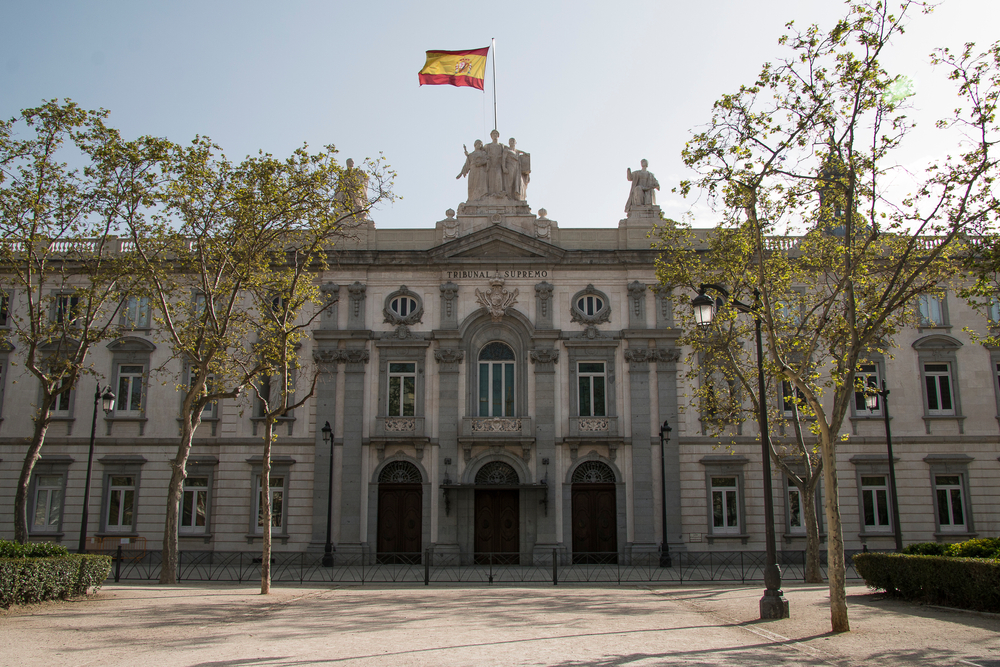
As published by the press media, the Administrative Chamber of the Spanish Supreme Court has summoned all the parties involved in this case – as well as the district attorney – in the appeal submitted by the SPANISH DIGITAL GAMBLING ASSOCIATION against the Royal Decree 958/2020, of November 3, on Commercial Communications on Gambling Activities, (Royal Decree on Commercial Communications) to file, within 10 days, a plea of unconstitutionality before the Constitutional Court. It should be noted that during this period the claim proceedings are suspended.
In this court order of 25th of May 2022, the Supreme Court requests the parties to express their opinion on the possible unconstitutionality of article 7, paragraph 2, of Law 13/2011, of May 27, on Gambling Regulation (“Gambling Law”). In view of these allegations, the Supreme Court will raise (or not) the question of unconstitutionality.
The issue is that article 7, paragraph 2, of the Gambling Law, allows for a regulation with a lower range than a law (a Royal Decree) to regulate essential aspects related to advertising and, with that, intervene in the core of freedom of enterprise aspects, such as sending advertisement or promotional communications by email or equivalent means; the inclusion of gambling advertisements or any other commercial communication modalities in the media; the sponsorship in gambling sporting events; the insertion of billboards advertising gambling activities in places where events are held whose results are the object of bets or lotteries; the development of television contests and the obligations of information of the essential gambling requirements; and any others that may be established by developing regulation.
Freedom of enterprise is a right recognized in article 38 of the Spanish Constitution. According to the Constitution, the regulation of any matter that might restrict the freedom of enterprise can only be made by law (art. 53.1, legal reservation). On this basis, the Supreme Court appeals to the parties to express their legal opinion on whether this article 7, paragraph 2, can enable such possibility. If not, article 7 paragraph 2 would be unconstitutional and the Constitutional Court should state it, since it is the competent Court to declare it, after the plea of unconstitutionality has been raised and resolved.
Certainly, this court order could have very serious effects – yet to be seen – on the Royal Decree on Commercial Communications. If the Constitutional Court declares the unconstitutionality of article 7 paragraph 2 of Gambling Law, the Royal Decree on Commercial Communications would be null and void for regulating matters over which it has no competence – the right of freedom of enterprise and advertising – which are reserved to be developed by law. Likewise, article 7 paragraph 2 of the Gambling Law should be eliminated from the legal system for being unconstitutional.
Gambling Law Area
LOYRA ABOGADOS
